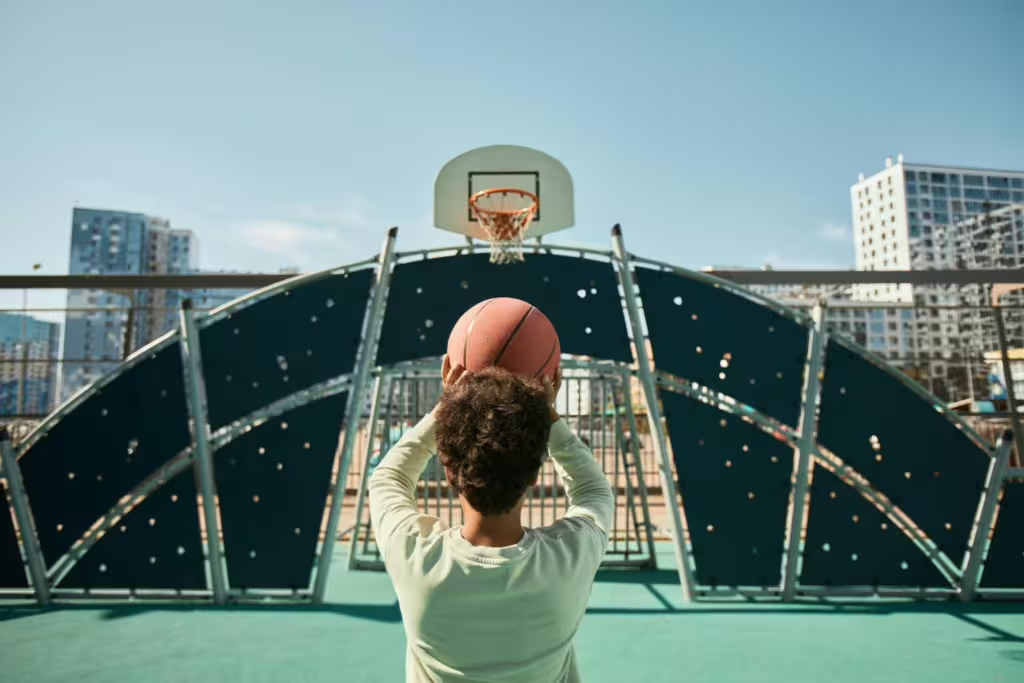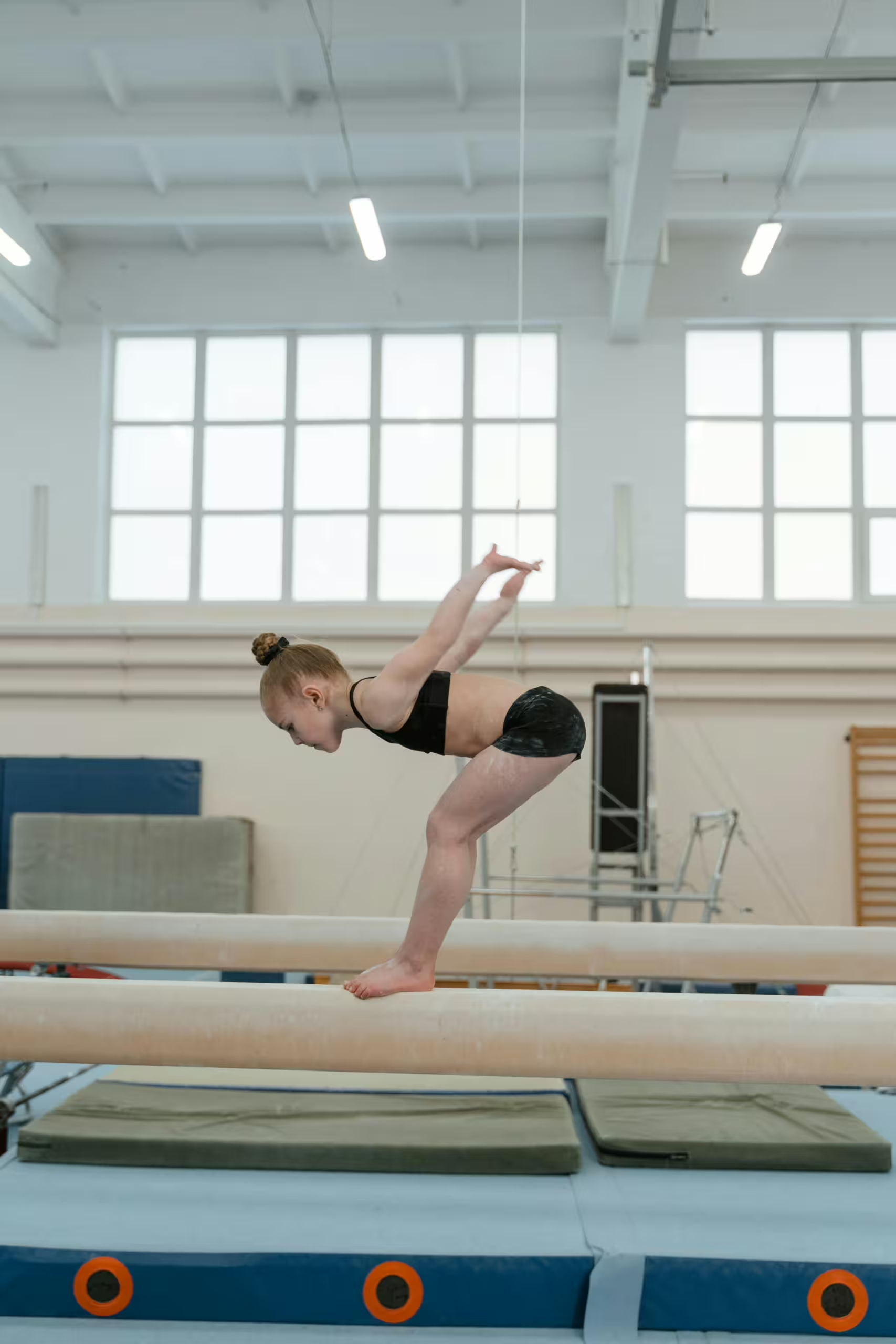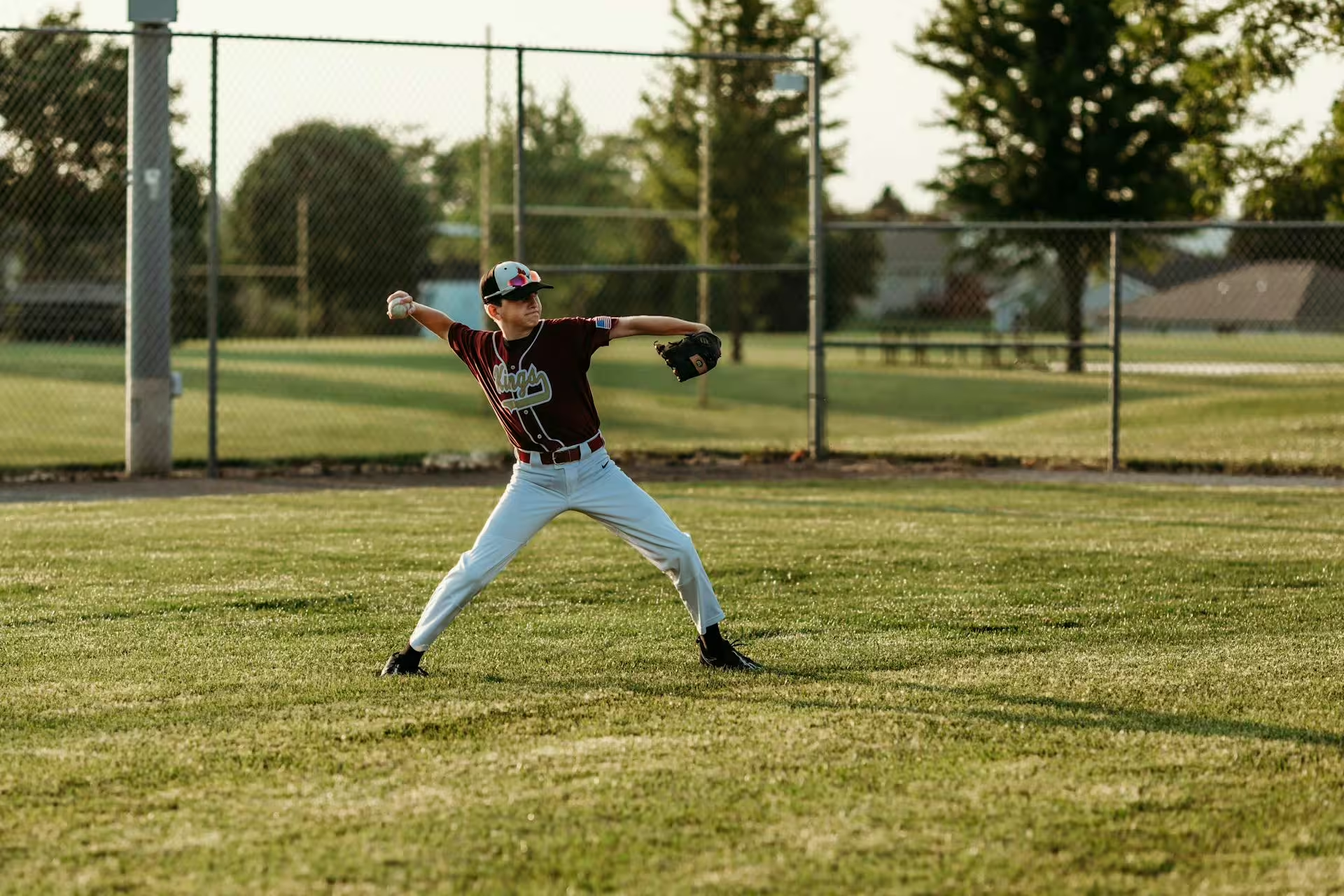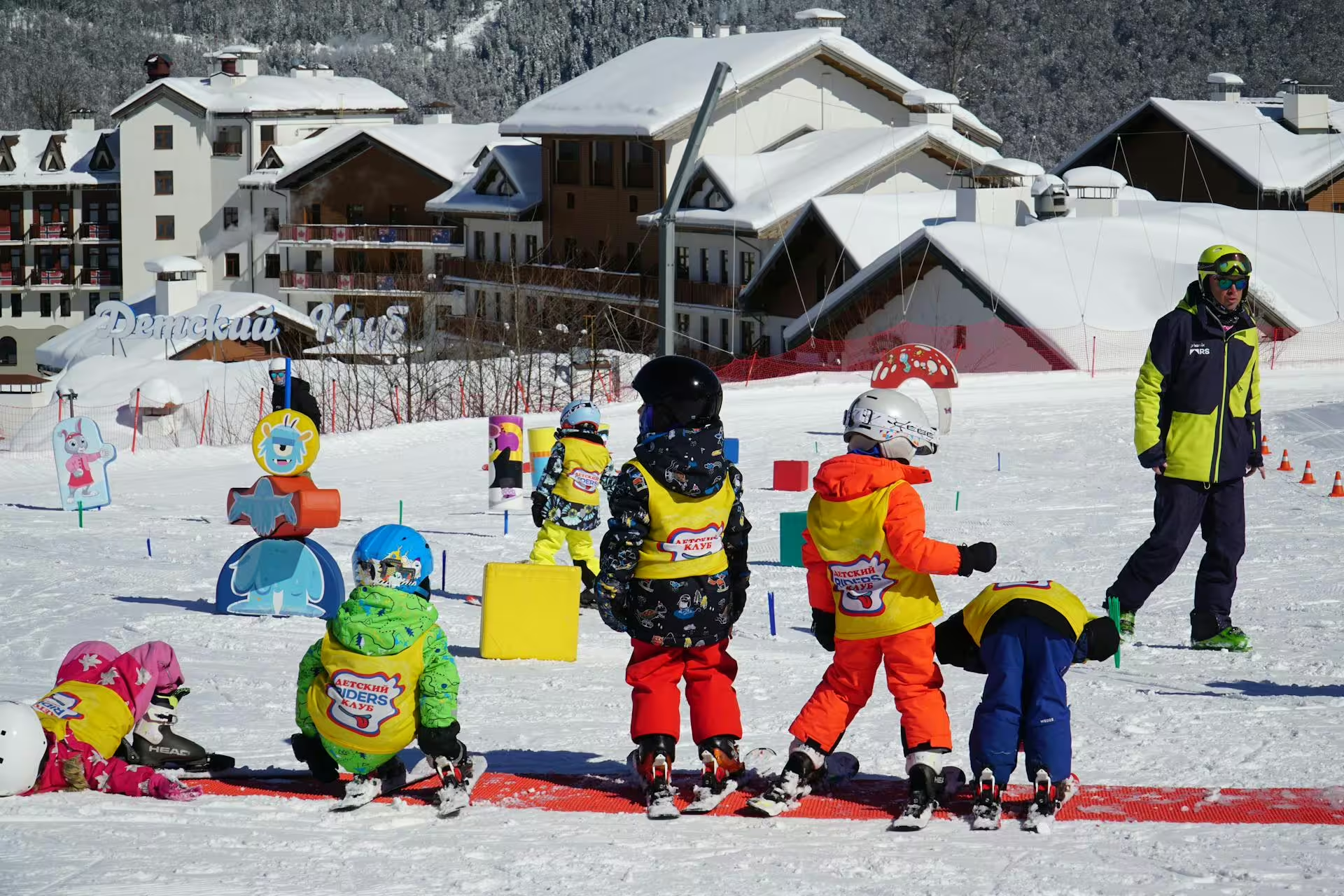To some kids and frankly, some parents, basketball is more than just a sport. To true basketball superfans, it’s more like a way of life. But it’s so much more than that. Like so many youth sports, basketball is a great way for budding athletes to develop physical fitness, teamwork, and self-confidence. Ultimately though, basketball, like all sports, is what you make of it.
For instance, some children dream of being the next NBA superstar, while others just want to have fun playing with their friends. In either case, mastering the fundamentals early is key to both their continued success and overall enjoyment of the game. As parents, we play an important role in this process. It is up to us to help support their growth and help them build strong skills both on and off the court.
In this article, we will offer parents a new and deeper understanding of the basic skills basketball requires. We will also teach parents how they can help their children improve and the best ways to guide them as they dribble their way up the court and into their own future.
The Essential Skills in Basketball
As with all sports, the fundamentals of basketball lay the groundwork for every aspect of the game. Parents who wish to educate their kids should focus on these foundational skills first, before moving on to more advanced techniques. It might seem elementary, but some parents might find themselves skipping ahead at times in order to save time. The trick is to take things slow to that your child will develop the confidence and ability to excel as they grow.
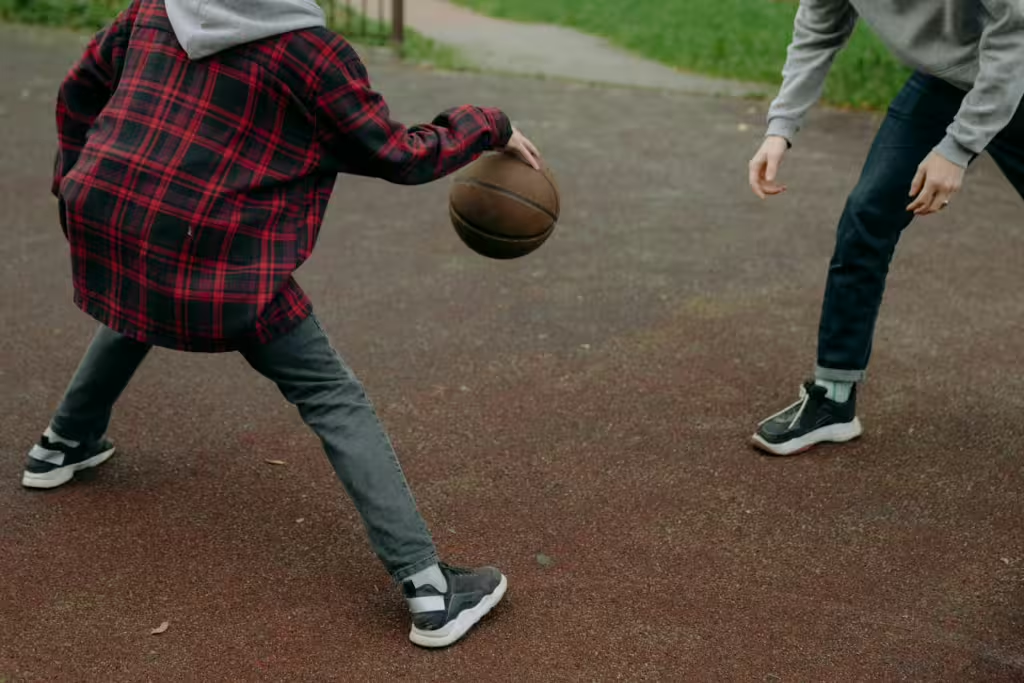
Dribbling
When it comes to basketball basics, there’s a reason that dribbling sits at the top of the list. This skill is an essential piece of how players move with the ball, which means it is one of the most basketball skills that kids need to master in order to get started. This ability allows players to move with the ball, certainly, but doing it properly creates multiple opportunities for players to pass or even shoot it. Key elements of good dribbling include:
Control: This involves using the fingertips (not the palm) to bounce the ball.
Head Up: Players need to look around instead of just staring down at the ball.
Consistency: This means maintaining a steady dribble while either moving or standing still.
How to Help:
Parents can encourage their children to practice dribbling every. single. day. It might sound like overkill, but it is a fundamental skill that needs mastering before they can go much further in the sport. Start with simple drills like dribbling with one hand, switching hands, and dribbling while walking. As the child progresses, try and challenge them with more advanced drills like figure eights or crossover moves.
Passing
Passing is another essential skill in basketball. Teamwork and building strong offensive plays are both necessary for players to win the game. This is why young players need to know how to deliver accurate passes to their teammates, as well as effectively communicate with them. Common types of passes include:
Chest Pass: This is a straight pass that goes from chest to chest.
Bounce Pass: This pass utilizes a single bounce before it reaches the receiver.
Overhead Pass: This high pass is used to clear defenders.
How to Help:
Passing practice is easy for parents to set up. You can do it on your driveway after dinner or put together simple passing games to play with your kid. Whatever you choose to do with them, try and focus on accuracy and proper technique. Using targets, like a hula hoop or a box, will help kids improve their aim and add an extra element to the practice session.
Shooting
Shooting the ball into the basket is the game is won and since it’s also how points are scored, it is a critical skill for players to be able to master. Good shooting form involves:
Balance: Feet should be shoulder-width apart for a solid base.
Eyes on Target: Kids should be focusing on the hoop, rather than the ball.
Follow-Through: Kids shoot properly by having proper follow-through, which means extending the shooting arm and snapping the wrist.
How to Help:
If you have a basketball hoop at home, you’re already in a good position to practice at home. If you do not, you could always visit a local court or a local park that has basketball hoops. Parents can teach children to shoot close to the basket at first, focusing on form before distance, before gradually increasing the distance as the player’s accuracy improves.
Defense
A good defense is just as important as a good offense, as strong defenders can prevent the opposing team from scoring. Key defensive skills include:
Staying Low: Players should maintain a low stance for quick movements.
Footwork: players should practice shuffling instead of crossing legs to stay balanced.
Awareness: Players should keep an eye on the ball and the opponent at the same time. They got two eyes, they can do it.
How to Help:
Parents can encourage their kids to practice defensive drills, such as shadowing an opponent or sliding laterally. At the same time, playing one-on-one games can also help young ballers to develop top-notch defensive skills.
Rebounding
Players need to know how to rebound because this skill is positively crucial for gaining possession of the ball. Players need to be aggressive enough and possess good enough timing to take advantage of a missed shot so they can secure the ball. Rebounding fundamentals include:
Positioning: Players can practice boxing out opponents to gain an advantage.
Timing: Jumping at the right moment will help players grab and secure the ball.
Strong Grip: Holding the ball securely after catching it will prevent any rebounding issues.
How to Help:
Parents can help their kids to practice rebounding by tossing the ball off the backboard and encouraging the child to grab it. When on the court, teach them to box out by using their body to shield opponents.
Building Strong Habits Off the Court
Just as building up essential skills on the court is an important part of a child’s basketball journey, so too is building up proper habits when they are living their daily lives. What a child does when at home can significantly impact their basketball performance.
Physical Fitness
Basketball is not for the faint of heart. Like all sports, basketball requires a certain degree of strength, endurance, and agility that is beyond what non-athletic kids might innately possess. That is why parents should always encourage their children to stay active, even when they aren’t practicing. They can do this through:
Cardio Exercises: Running, cycling, or swimming help young athletes to build stamina.
Strength Training: Bodyweight exercises like push-ups, squats, and planks help build up a kid’s overall strength.
Flexibility: Stretching with either yoga or other warm-up exercises can improve a player’s range of motion and prevent injuries.
Nutrition
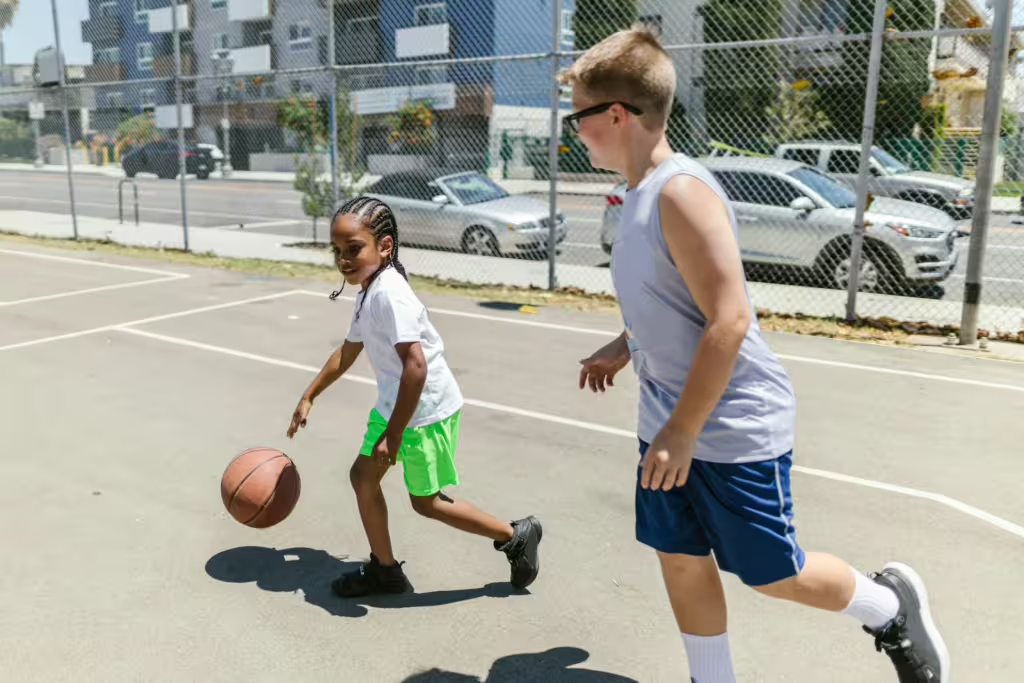
A healthy diet isn’t just good for a child’s overall health, it also fuels athletic performance. When it comes to proper nutrition, parents should focus on:
Balanced Meals: Meals should include some lean proteins, whole grains, fruits, and vegetables.
Hydration: Hydration is key for any athletic performance, so make sure your kids are drinking plenty of water before, during, and after practice.
Recovery Snacks: Offering snacks like bananas, orange slices, or yogurt post-game will help kids to replenish energy.
Mental Toughness
All sports are played in the mind as well as with the body and basketball is no different. In many ways, this famous sport is as much a mental game as a physical one. Parents should teach their child to:
Stay Positive: Have your kid focus on improvement rather than mistakes.
Set Goals: Encourage kids to to set short- and long-term goals when playing.
Handle Pressure: Players can practice deep breathing or visualization techniques to stay calm during games.
Fun Ways to Support Skill Development
Parents who wish to support their child’s basketball journey are in a unique position to make it more enjoyable than chore. After all, playing sports doesn’t have to feel like work and it really shouldn’t. Here are some fun ways to help them improve:
Watch Basketball Together
If you want your kid to feel good about the sport or love it as much as you do, expose them to more of it. Watch professional or local games with your kids and while you do, point out examples of good dribbling, passing, and defensive skills. This will not only give your kids good examples of essential skills, you can even find opportunities during the game to discuss strategies and encourage them to emulate their favorite players.
Play Games
If you have other kids, have a basketball hoop, or if you live in an area where other local kids enjoy playing basketball or sports, in general, there may be plenty of opportunities to turn playtime into secret basketball practice. Parents can create fun basketball-related games, like HORSE or knockout, in order to help kids practice skills in an enjoyable way. These games can improve shooting, accuracy, and the quick thinking needed to succeed on the court.
Join a Team or Camp
If your child seems to want to be more involved or play actual basketball more often, it might be a good time to encourage them to join a local basketball team or attend a skills camp. Playing sports with other children helps kids learn teamwork and apply their skills in real-game situations.
Use Technology
There are many apps and video programs designed to teach basketball skills to children. We aren’t big advocates of extensive screentime here at Cultured Athlete, but even we recognize that such technology is a tool. In the end, tools like these can introduce kids to new drills or break down techniques and turn them into easy-to-follow steps.
Overcoming Challenges

We understand that every young athlete faces challenges, whether it’s struggling with a skill, dealing with a tough loss, or balancing sports with school. Fortunately, there are many ways that parents can help:
Be Patient
Remember that skill development takes time, and every child will progress in their chosen sport at their own pace. This is why we make such a big deal of celebrating small milestones, such as learning to dribble with their non-dominant hand or improving their shooting form. These little victories will turn into prodigious skill in no time at all.
Also, be mindful of what you say. Always avoid comparing your child to others in practice or after games. Instead of negative talk, simply remind your kid that persistence and practice is what leads to growth and that dwelling on failure or needless comparison contributes nothing to their success.
Encourage Effort
In the same vein, parents should remind their kids that success in basketball is often the result of hard work, not just natural talent. Parents should emphasize the value of effort by praising your child for trying their best at all times. When they do encounter difficulties, as they inevitably will, teach them to view those challenges as opportunities to learn.
Communicate Openly
Communication is key in any sports situation and parents who desire to be a part of this journey must learn to communicate more effectively. Ask your child questions like, “What did you enjoy about practice today?” or “What’s one thing you’d like to work on?” After posing such questions, actually listen to their concerns and wait til they have finished before you attempt to provide encouragement.
Cultured Athlete Says…
As you can see, it’s not hard at all to help your child build strong basketball skills early on. What parents need to remember in all this is that it is about more than just drills and practice, it’s about personal growth. Teaching a child to succeed means listening to them, allaying their concerns, praising their success, and encouraging them to grow. By fostering a love for the game, teaching valuable life lessons, and creating opportunities for growth both on and off the court, parents can become their child’s most potent ally in their journey to the NBA!
Discover more from CulturedAthlete
Subscribe to get the latest posts sent to your email.

